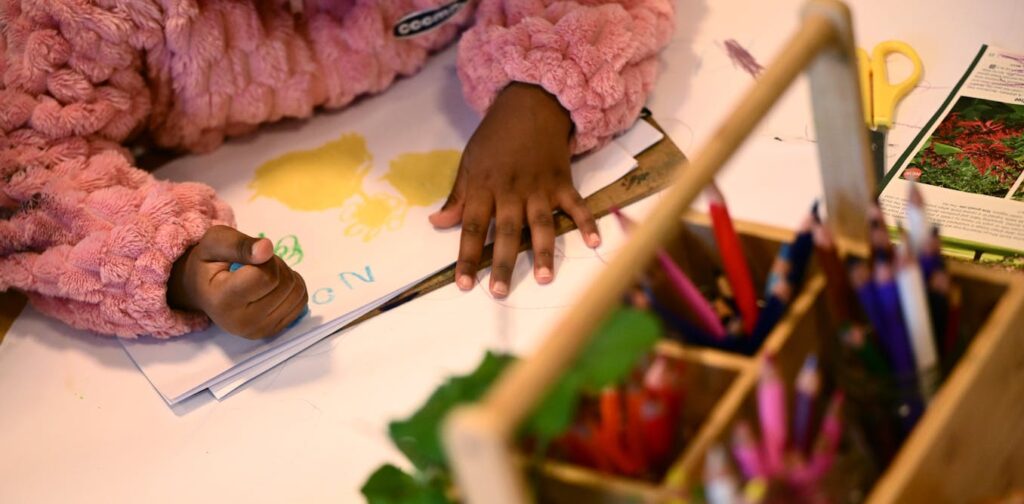
This year, Australia has faced a troubling series of reports and allegations concerning abuse and neglect in childcare centers. Families, desperate to ensure the safety of their children, have seen political leaders rushing to respond. Last month, the federal parliament passed legislation aimed at stripping funding from centers that fail to meet safety and quality standards. Earlier this week, the Victorian government released a damning report, calling for a comprehensive overhaul of the early childhood sector.
On Friday, Australia’s federal and state education ministers agreed on several new safety measures. Federal Early Childhood Education Minister Jess Walsh described them as “the strongest and most significant package of child safety reforms in our nation’s history.”
New Safety Measures Announced
Among the measures agreed upon is the establishment of a new “national educator register” to track who is working in the early childhood sector and where. It will also indicate the status of individuals’ working with children checks. Federal Education Minister Jason Clare stated that the register would be developed from scratch, requiring new legislation, and is set to roll out from February next year.
- Mandatory child safety training for all early childhood education staff, including company executives, starting in 2026.
- A national CCTV trial in up to 300 services, beginning by the end of 2025.
- A ban on personal mobile phones in services from September 1, 2025.
- 1,600 additional spot checks to be conducted by Commonwealth officers.
- Increased information for parents about the condition and records of centers.
While these measures are a positive start, there is room for improvement, as explained below.
The National Educator Register: A Step Forward?
The concept of a register for early childhood education and care workers is logical. It will aid in tracking employment history, allowing potential employers to review the backgrounds of job applicants. For instance, frequent job changes could be a red flag, although the sector is highly casualized with high staff turnover.
Clare emphasized that the government would “develop and build” the register over time. However, in its current planned form, it falls short of a nationally consistent reportable conduct scheme, as proposed by the child abuse royal commission in 2017. Such a scheme would include reports of misconduct that cannot be prosecuted criminally and are often missed in criminal history screenings.
Some states are taking independent action. For example, from July 2026, Queensland will require early childhood organizations to report concerning conduct. This week, the Victorian government announced reforms to its reportable conduct scheme, ensuring information relevant to child safety is shared with regulators and agencies, regardless of whether it is substantiated.
Potential Impact of CCTV
A 2025 report on New South Wales estimated that 30% of childcare services already had CCTV installed. However, 300 services nationally is a small fraction of the more than 9,000 center-based services in Australia. The trial will examine camera placement and data storage safety.
CCTV can serve as a deterrent, as individuals are less likely to offend if they believe they are being monitored. It can also aid investigations if allegations arise. Research, including an upcoming study, suggests many educators support CCTV for their protection against false allegations.
However, CCTV is not a panacea. The Victorian report recommended a “four eyes” principle, ensuring two adults are always visible to each other while caring for children. Clare mentioned that ministers have asked the national childcare authority to report back on this idea and its impact on educator-to-child ratios by the end of the year. This strategy’s success will depend on addressing workforce issues to ensure adequate staffing and empowerment to speak up when necessary.
Enhancing Spot Checks and Regulation
Regulatory agencies have historically been under-resourced, making additional funding for spot checks a positive development. However, regulators must be prepared to shut down unsafe services, a power they have rarely exercised due to the potential impact on families.
The Productivity Commission noted in 2024 that closing a service is “severe” and should be a last resort. Parents are encouraged to conduct their own spot checks by visiting centers unannounced to assess the environment and care quality.
Addressing Systemic Issues
The Victorian report highlighted a fundamental problem in Australia’s early childhood system: it is predominantly run by for-profit providers. Research indicates that for-profit childcare services are generally rated lower in quality than not-for-profit services.
The latest federal government proposals do not address the root causes of issues in early childhood care. Instead, they operate within existing frameworks, repackaging conventional wisdom as increased effort. A more radical restructuring of the sector may be necessary to prioritize quality and safety over profit.
The announcement of these measures represents a significant step towards enhancing child safety in Australia. However, the effectiveness of these initiatives will depend on their implementation and the willingness of all stakeholders to prioritize children’s well-being over other interests.







